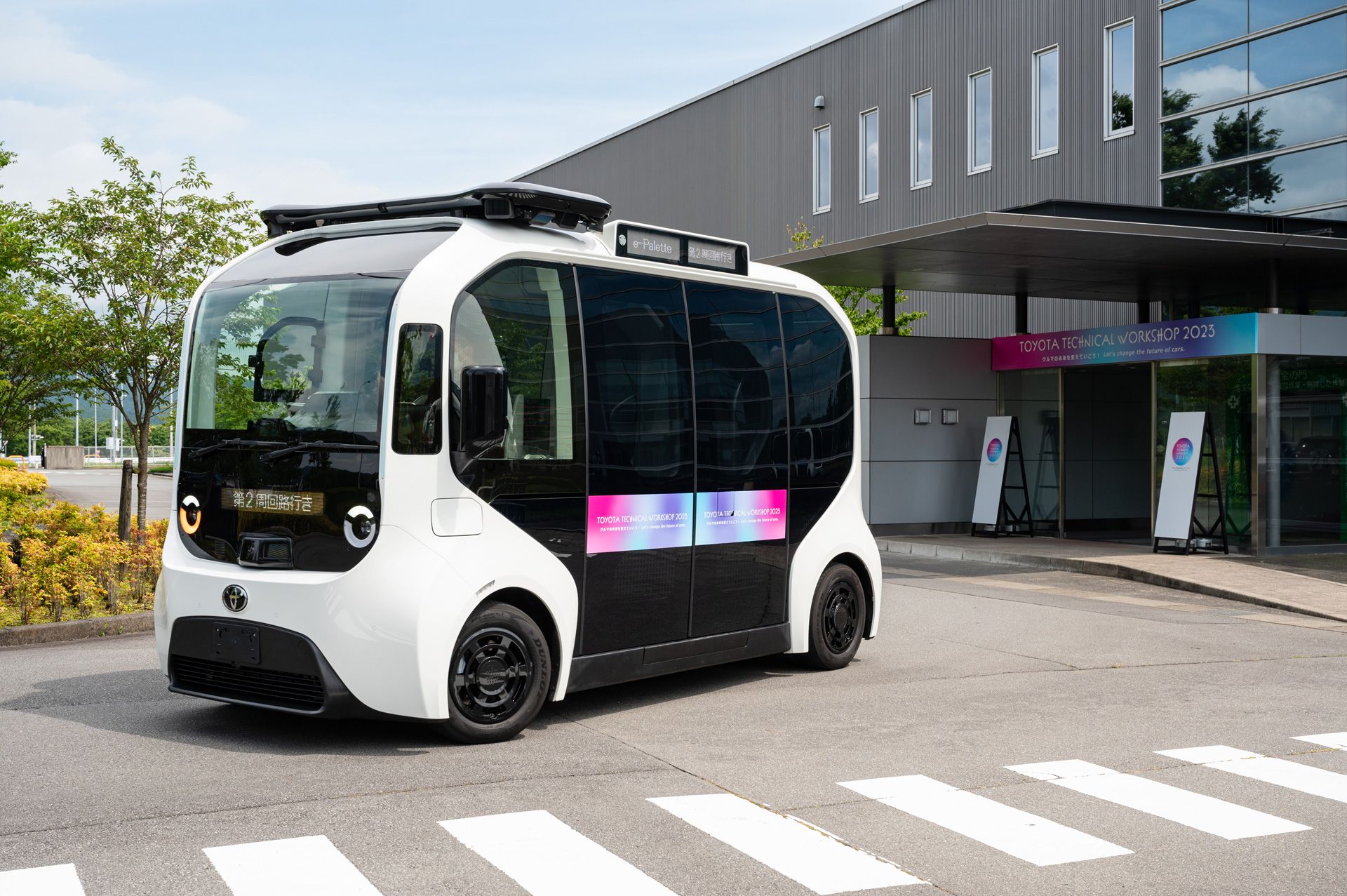
“In the field of electrification, Toyota maintains its diverse approach (“multi-pathway”) to introduce each technology according to the context of each region. In the area of Intelligence, in addition to vehicles and services, we will also promote initiatives to expand our connection with society, such as Woven City. Likewise, we will continue to diversify our operation, expanding our focus of action from ‘vehicles’ to ‘society’, incorporating freedom of mobility and diversity of energy solutions.”
Nakajima also explained the changes in the company’s R&D areas, of which half of its staff and economic resources have already moved to Advanced Development, in future-oriented projects.
In turn, he listed three principles for vehicle manufacturing: 1) “Prioritize safety without mitigating factors.” 2) “The future is built together”, generating alliances with multiple partners. 3) “Acceleration of localization”, promoting “development close to our customers”.
New generation battery electric vehicles: plans for the coming years
“What we hope to achieve with the BEV Factory that we inaugurated in May is to change the future with this type of vehicles. We will transform cars, manufacturing and the way we work,” said Takero Kato, president of this new organization that unifies the development of the new generation of battery electric vehicles.
The value chain, a key piece on Toyota’s path to carbon neutrality
Thanks to new generation batteries, sonic technology and aerodynamic design with Artificial Intelligence, the goal is to achieve a range of 1,000 km. The Arene Operating System will allow you to update advanced security, performance, multimedia and other technologies, such as the voice recognition system.
As it moves forward with developing new BEVs by 2026, Toyota has also made significant advances in battery technology. These improvements will reduce charging times, reduce costs and extend autonomy. Solid-state lithium batteries have already entered practical application phase and Toyota is striving to begin commercialization in 2027-2028.
On the manufacturing side, the vehicle body will be assembled from three main components into a new modular structure. The “Giga Casting” foundry system will be implemented, which will allow a great cost reduction and superior integration of components. On the other hand, a self-propulsion system for the assembly line will be implemented that will reduce investment and plant processes in half.
Source: https://reporteasia.com/tecnologia/2024/05/23/toyota-presento-avances-relacion-vehiculos-electricos-estrategia-de-negocio-para-hidrogeno/

